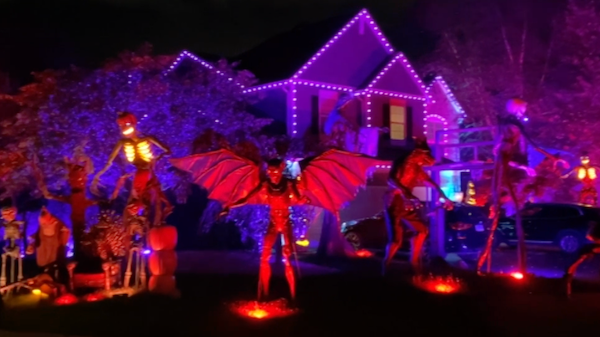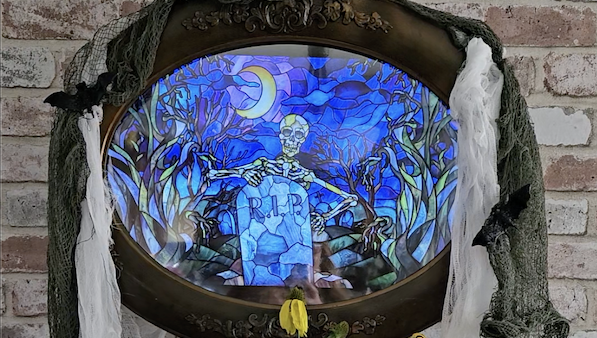How to Sound Smart on Cinco De Mayo
Often mistaken for Mexican Independence Day, Cinco De Mayo (May 5) actually commemorates the unlikely victory of the Mexican Army against the French Empire in Puebla, during 1862. But, before we plunge into how this holiday became more popular in the US than it is in Mexico, we have to ask, what were the French doing in Mexico, let alone Puebla?

Starting in the early 1860s, Napoleon III of France decided it would be a great idea to turn Mexico into a French client state so, he started angling to install Maximilian of Habsburg, Archduke of Austria, as Emperor of Mexico. Since Emperor is a promotion over Archduke, Max apparently thought this was a great idea, too.

Much like the people of the US, the citizens of Mexico had already decided they'd had enough of European monarchs and launched an uprising. Spoiler: Maximillion wasn't the first Emperor of Mexico but he would be the last.
In 1862, Mexican forces, led by General Ignacio Zaragoza (below), were outnumbered 2:1 and were facing an army that hadn't been defeated in battle for 50 years. Yet, Zaragoza managed to smash the French forces in a victory the entire world noticed.

Though Mexicans living in California celebrated at the time and are often credited with starting the celebration of the day, other sources suggest it is a symbol of the long-standing friendship between Mexico and the US.
Historian Justo Sierra writes that, had Mexico not defeated the French in Puebla on May 5, 1862, France would have gone to the aid of the Confederacy in the U.S. Civil War and the United States' destiny as a single nation would have been much different.
Once the Civil War was over, US support of Mexico convinced the European powers to leave the Americas alone. Napoleon III was nervous about facing the new nations combined and US Secretary of State Seward explicitly told the Austrians not to send Maximillian reinforcements.
The US appreciation of the holiday kept growing until, in 2005, both houses of the US Congress sent President George W. Bush a concurrent resolution asking for a proclamation calling upon the people of the United States to observe Cinco de Mayo with appropriate ceremonies and activities.

So, remember, Cinco De Mayo is not Mexican Independence Day (that's Sept. 16th), it is a David and Goliath story of a people reaffirming their right to self-determination ... and an awesome chance to have a few margaritas.



